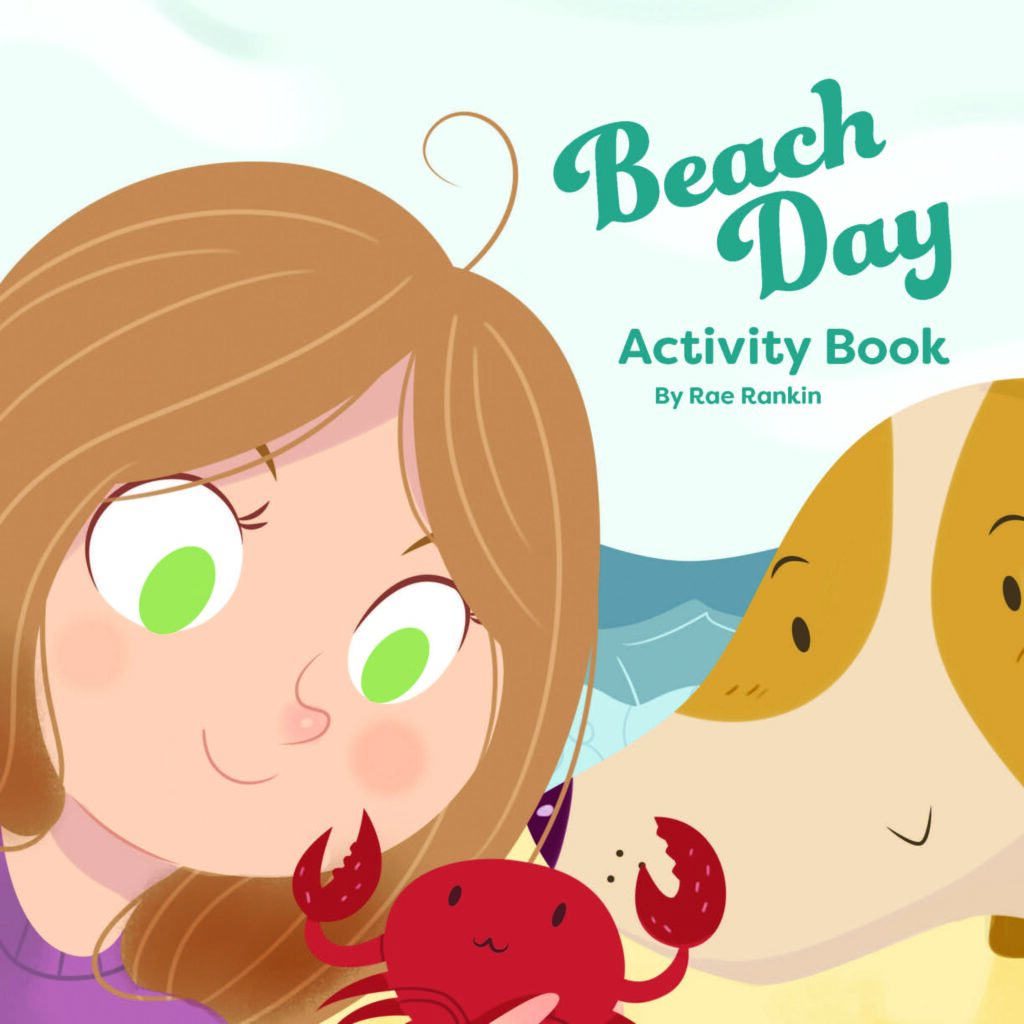Make Your Author Website Accessible
In my day job, I work for the state of California. For nearly a year, my focus has been on learning everything I can about document accessibility and remediating existing documents to be accessible.
You are probably thinking to yourself right now, what on earth is she talking about? Trust me, you aren’t alone. I talk to coworkers on a regular basis on what accessibility means.
In a nutshell, I’m talking about making your author website accessible to people with disabilities.
One in five Americans has a disability, 8.1 million people are visually impaired, 2.2 million people have seizures, 19.9 million people can’t use a mouse.
Why is knowing about this important?
In 2016 Guillermo Robles sued Domino’s because he was unable to order a pizza on their web page or via their mobile app. He argued that by virtue of the Americans with Disabilities Act (ADA), Dominos was required to provide him an accessible way to use their website.
Domino’s took a controversial stand against this lawsuit on the grounds that ADA “says nothing about the accessibility of websites or applications on smartphones, whether standing alone or in connection with restaurants, stores, or any other brick-and-mortar establishments that qualify as public accommodations,” wrote Washington lawyer Lisa S. Blatt, who represents Domino’s.
In early October, the case went all the way to the Supreme Court where Domino’s appealed the January ruling by the 9th U.S. Circuit Court of Appeals requiring Domino’s and other retailers to make its online services accessible. In early October, the Supreme Court refused to hear the case, allowing the ruling by the 9th U.S. Circuit Court of Appeals to stand. The case will now go to trial.
Domino’s posted a statement online. “We also remain steadfast in our belief in the need for federal standards for everyone to follow in making their websites and mobile apps accessible.”
Domino’s isn’t the only company that has been sued over accessibility. Big names such as Target and Home Depot have been the focus of lawsuits over accessibility. Colleges and Universities across the country are facing lawsuits.
The implications for authors and all small business owners are enormous.
What do I do?
I will start by saying I don’t have all the answers. I’ve been studying and learning about document accessibility for a year and I’m still learning something new every day.
What I will say is this. Ask your website developer if your website is accessible and if it passes WCAG 2.0 (Website Content Accessibility Guidelines). If not, start working on it.
If you have a WordPress website, add a plugin such as:
- Userway
- WP Accessibility
- One Click
- WP Accessibility Helper
I recently installed Userway on my website. So far it seems to be working well.
The one thing that you must immediately start doing is adding alternate text to every image you post on your website (this also will apply to social media as well but I have more research to do before I can give you pointers).
If you are interested in learning more about document accessibility let me know. I’m am well versed in that!
If you have questions or comments, let me know.
 Next Post
Next Post